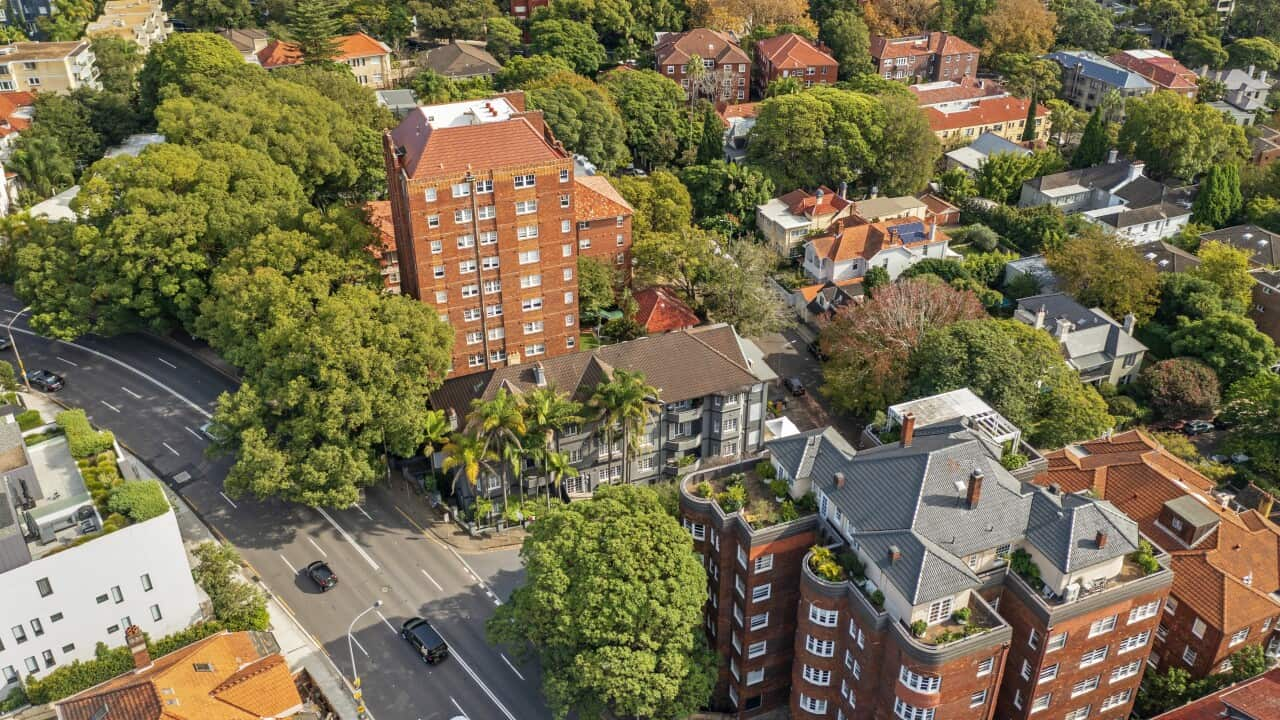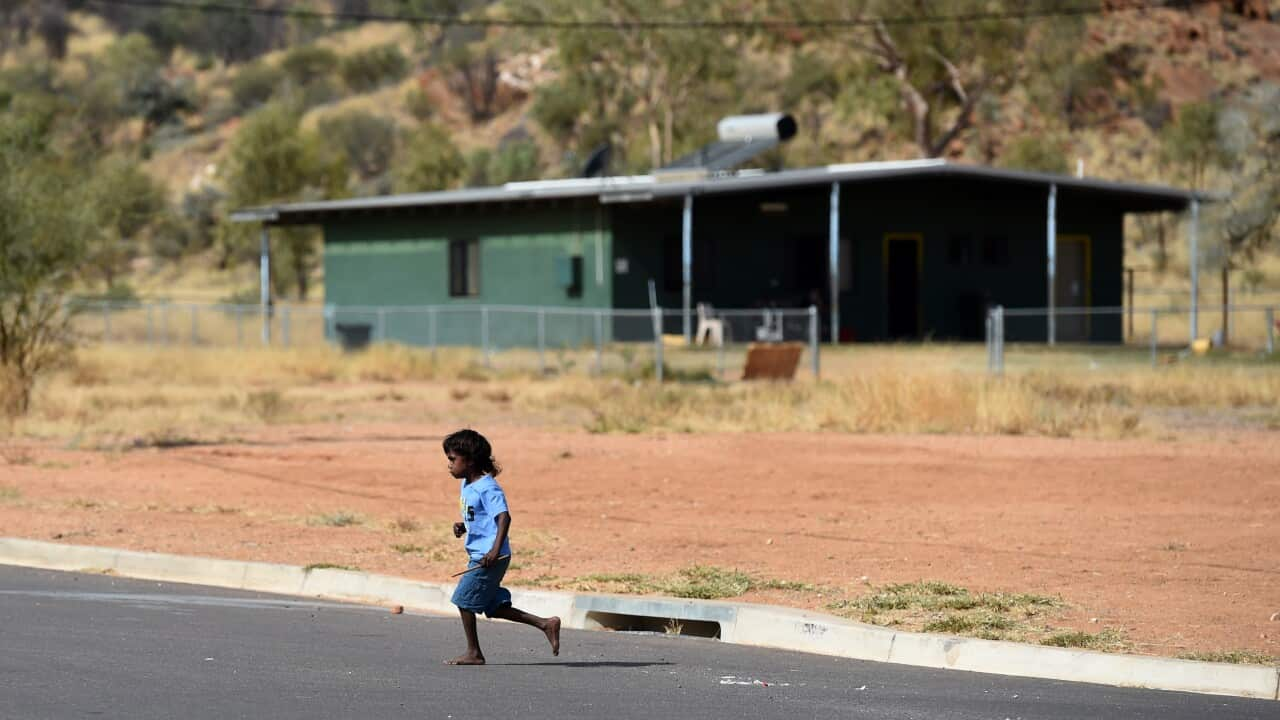The government’s $10 billion Housing Australia Future Fund (HAFF) passed parliament today after Labor struck a deal with the Greens to support the bill earlier this week.
The coalition has remained opposed to the bill.
The government says in its first five years, HAFF will fund the construction of 30,000 social homes and affordable homes including 4,000 homes for women and children impacted by family and domestic violence or older women at risk of homelessness.
The Greens had previously blocked the bill, calling for the government to do more in the sector to ease the burden on renters amid the cost of living crisis including national freezes on rent increases.
In the bill Labor outlines two main objects.
The first being to “improve the acute housing needs of Indigenous people, women, children and veterans” and the second, “enable support to be provided to increase the availability of social and affordable housing".
How will HAFF affect First Nations people?
Housing remains a critical issue for Aboriginal and Torres Strait Islander people.
According to the Australian Institute of Health and Welfare, mob are over-represented in the national homelessness population and more likely to live in overcrowded housing which can be due to barriers in the market such as discrimination, challenges in meeting criteria for properties and lack of appropriate and good quality housing.
During the 2021 census just 42% of First Nations people owned their own home compared with 65% for non-Indigenous people.
At the same time, 18% of First Nations people were living in social housing and in remote areas that figure increased to 54%.
The bill does not include rent freezes and the Greens say they have secured an extra $1 billion for public and community housing from the government.
First Nations people are also living in housing that does not meet an 'acceptable standard' defined in the National Aboriginal and Torres Strait Islander Health Survey.
The Australian Institute of Health and Welfare reported in 2018-19, First Nations people were more likely to live in houses with structural problems than those in non-remote areas (46 per cent and 31 per cent respectively) and 9.1 per cent of First Nations households had no access to working facilities for food preparation, 4.5 per cent had no access to working facilities to wash clothes and bedding and 2.8 per cent had no access to working facilities to wash household residents.
For mob in remote areas the issue is compounded again.
To address these needs, the government says HAFF includes $200 million for “the repair, maintenance and improvements of housing in remote Indigenous communities".
HAFF welcomed but peak bodies want more
The nation's peak housing bodies and Aboriginal Housing NT welcomed the agreement earlier this week but urged the government to do more.
Aboriginal Housing NT warned of the immediate issues First Nations people in remote areas face noting 98 per cent of people living in overcrowded homes are Aboriginal families.
“While the bill is now strengthened to deliver critically important resourcing for social and affordable housing, AHNT remains worried that Aboriginal housing requirements on NT homelands will again miss out on desperately needed funding for new housing," said AHNT chief executive, Skye Thompson.
"AHNT urges the Australian government to use the opportunity presented through the passing of the bill to allocate a future disbursement from the HAFF to restore desperately needed funding for new housing on homelands.
Chief Executive of the National Aboriginal and Torres Strait Islander Housing Association (NATSIHA) and Wiradjuri man, Rob McFarlane, said it was a “crucial step” in addressing the housing needs of First Nations people which have been “overlooked for decades”.
“NATSIHA views these fresh resources as a crucial initial step in tackling the long-standing issue of unmet housing needs within Aboriginal and Torres Strait Islander communities,” said McFarlane.
“NATSIHA urges the government to persist in its efforts to guarantee that First Nation Australians are well housed.”
'Ignored and left with next to nothing'
Independent senator Lidia Thorpe also welcomed the bill but criticised the deal struck by her former party.
"While I welcome the news that the legislation has passed, I am disappointed the Greens did not advocate for the recommendations of First Nations housing bodies and grassroots organisations," said Senator Thorpe, a Gunnai, Gunditjmara and Djab Wurrung woman.
"I want to express my profound disappointment that First Peoples, who are by far the most in need of housing, have been largely ignored and are once again left with next to nothing out of all this.
"We are in a housing and homelessness crisis, and First Peoples are the hardest hit by this crisis.”

Lidia Thorpe said she was disappointed in her previous party for their deal. Source: AAP / Lukas Coch
"If the Albanese Labor government is serious about tackling the First Peoples housing and homelessness crisis, they will establish a standalone First Peoples Housing and Homelessness Plan, commit to growing and strengthening the community-controlled housing sector, and expand culturally safe tenancy support programs.”















